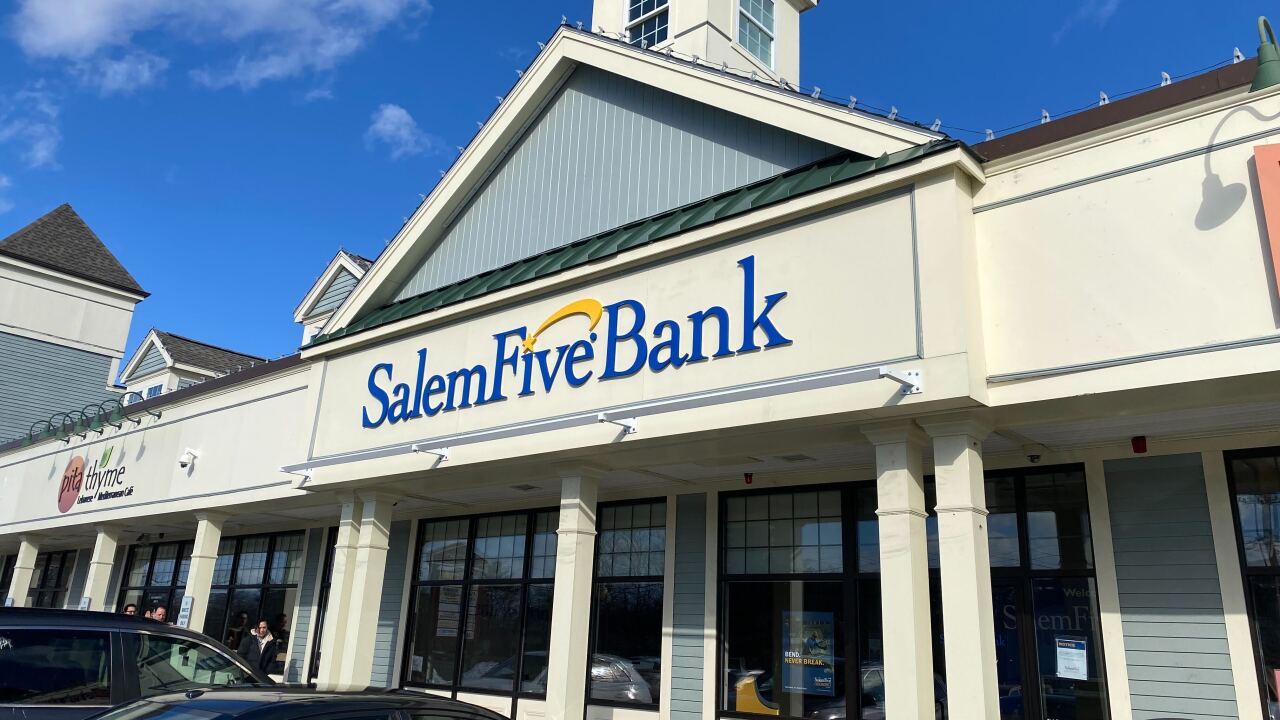charter? Probably. Early this year, bank lobbyists demanded that thrifts be made to convert to commercial bank charters as the price for their industry's help in bailing out the all-but-broke Savings Association Insurance Fund. That seemed reasonable enough, and the House Banking Committee quickly passed legislation to do just that. But Sen. Alfonse M. D'Amato took a different view, and the Senate Banking Committee chairman's approach prevailed when House and Senate negotiators met to hammer out the final details of the thrift fund legislation. Once House negotiators yielded to Sen. D'Amato, the game was all but over. The New York Republican said he would address the issue by April, but that doesn't mean President Clinton will be signing a bill this spring. By April, the election season will be in full swing. The legislative window is open for only a short time during a presidential election year, particularly one in which so much is at stake for the two parties. A handful of critical issues - ones that voters care about - will occupy the attention of legislators, and the question of merging the thrift charter isn't likely to be one of them. "It will be very difficult to revive it, since it didn't serve its purpose as the banking industry's 'quo,' nor is there strong support for it anyhow," said Karen Shaw Petrou, president of ISD/Shaw Inc. Which is to say, the idea had life only so long as it could be used as a bargaining chip to bid for bank support on the funding issue. Without the prospect of a quid pro quo, the charter-merger idea is all but dead. More important, Congress tends to act on banking issues only when there is a crisis. The 1987, 1989, and 1991 laws were all driven by insurance fund crises. It's true that interstate branching passed last year without an emergency to drive it, but the bill just did make it - and that was a measure with broad support and no discernible opposition. The current legislation was also being driven by a crisis of sorts. Bank premiums dropped this year from 23 cents for each $100 of insured deposits to 4 cents, while the charge for savings institutions remained pegged at the higher rate. In a world where every basis point counts, thrifts said they would be at a substantial competitive disadvantage. Their supporters on Capitol Hill agreed, worrying that the industry's fragile recovery was in jeopardy. But the pending budget bill would set the stage for thrift premiums to drop to the same level as bank levies. That eliminates the crisis, as well as the incentive for thrifts to support a charter merger. "Once they get premium parity, they lose all interest in a charter merger," said analyst Bert Ely, whose Alexandria, Va.-based Ely & Co. tracks industry trends. "A solid group of thrifts will say, 'We gain nothing by stepping into a bank charter,'" Mr. Ely added. Indeed, they may lose something. Insurance, for example. Thrift holding companies can sell insurance and a select subgroup - the unitary thrift holding companies - also underwrite insurance. In a debate over a melding of the charters, those insurance powers would surely be at issue. After watching the nation's insurance agents battle banks to a standstill over Glass-Steagall legislation, which the agents saw as a vehicle to get banks out of their business - thrifts may not be too anxious to get into a debate where their own powers could be at stake. Many observers here think it's inevitable that the bank and thrift charters will someday be merged, and they're probably right. But it may not happen in this century.




